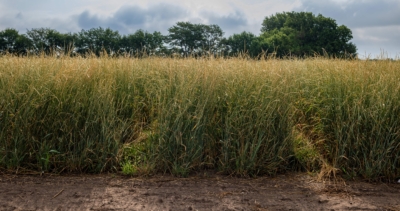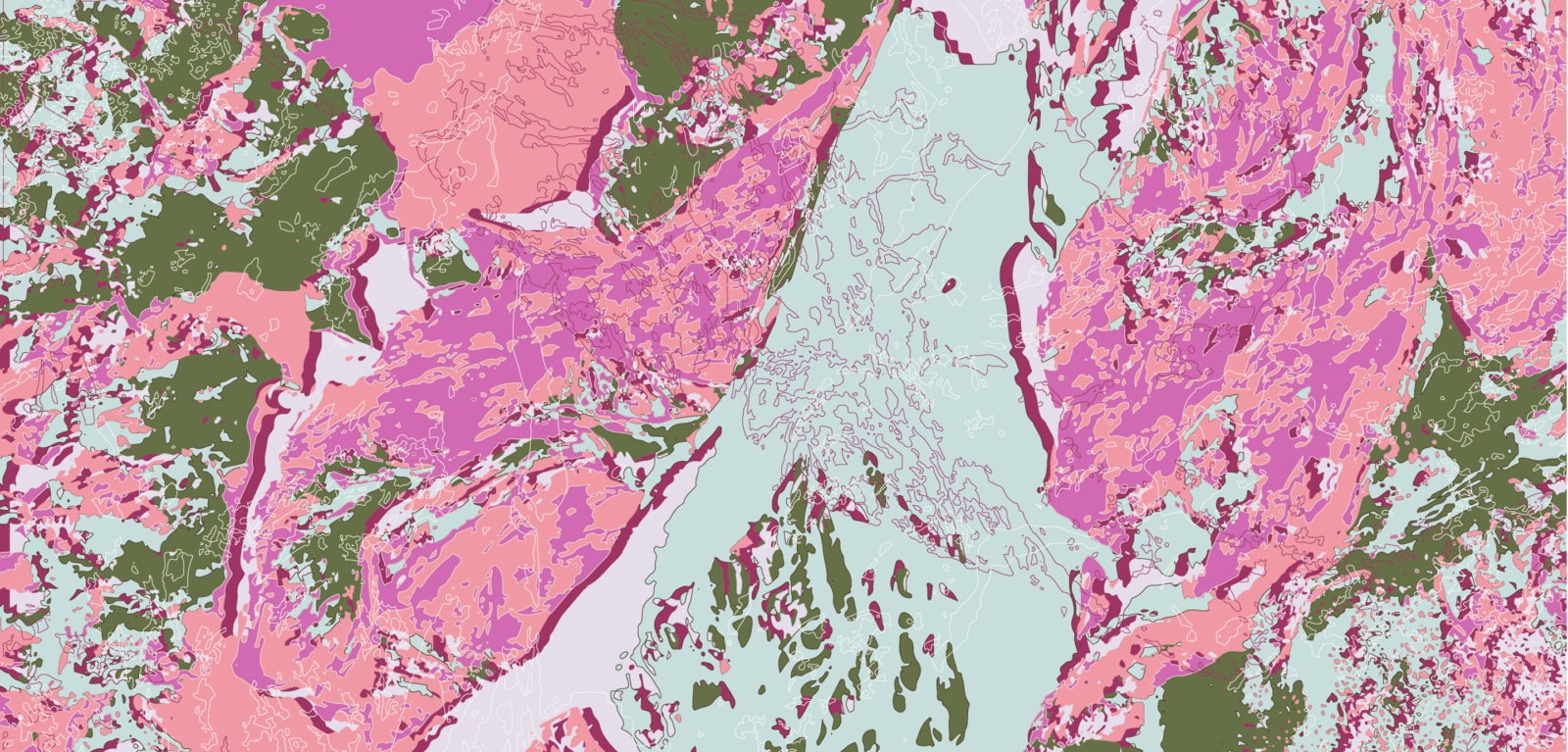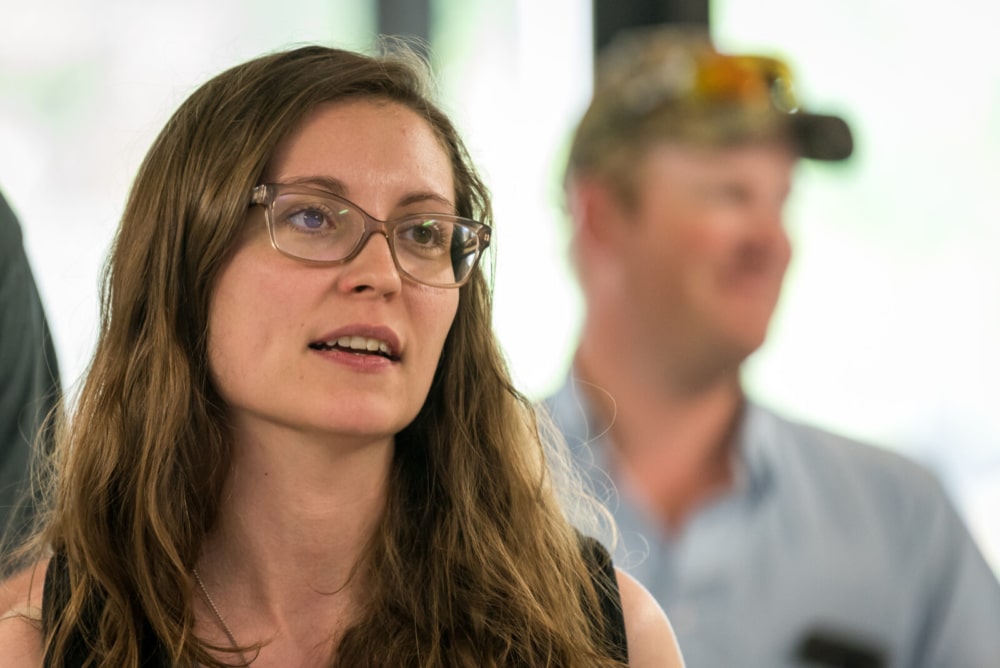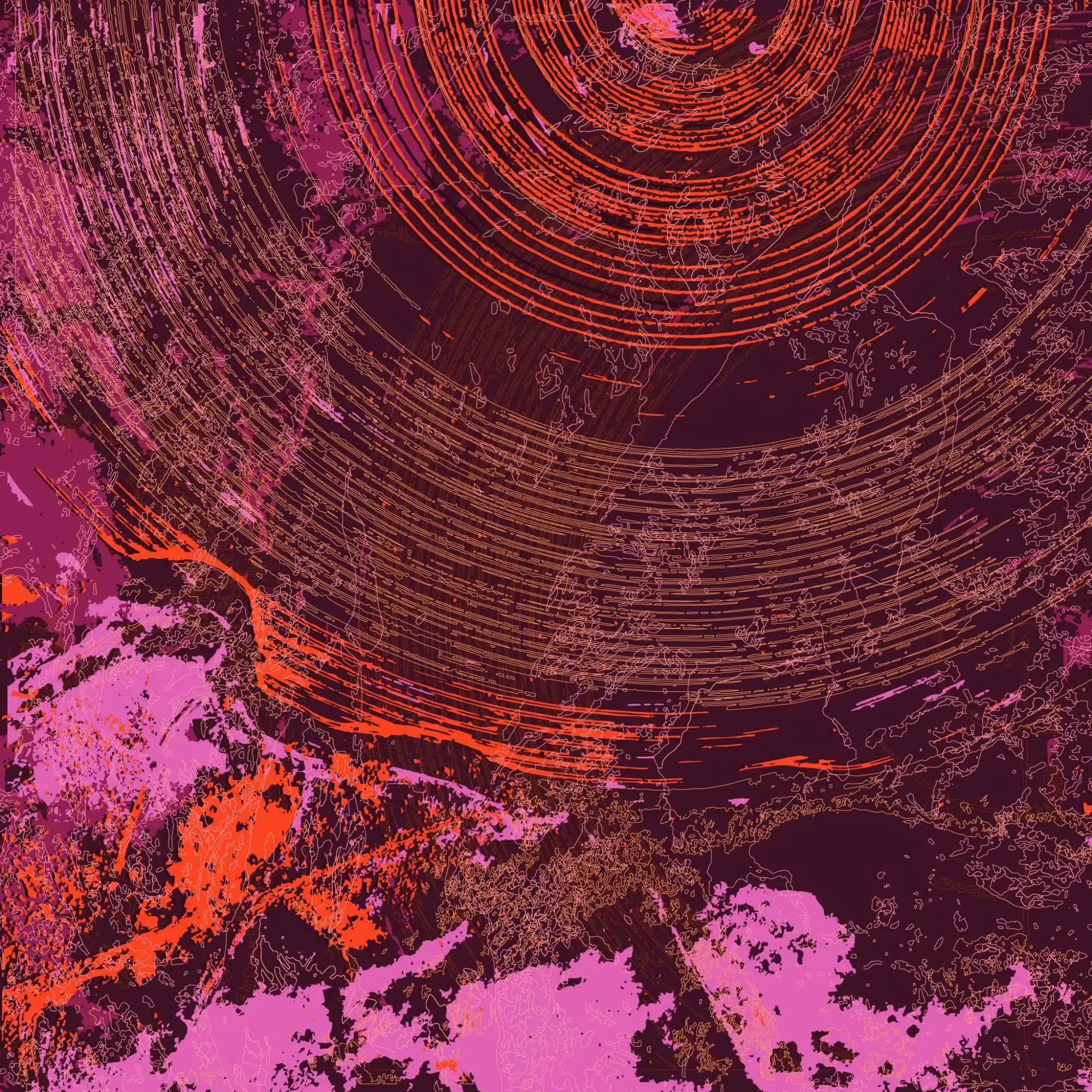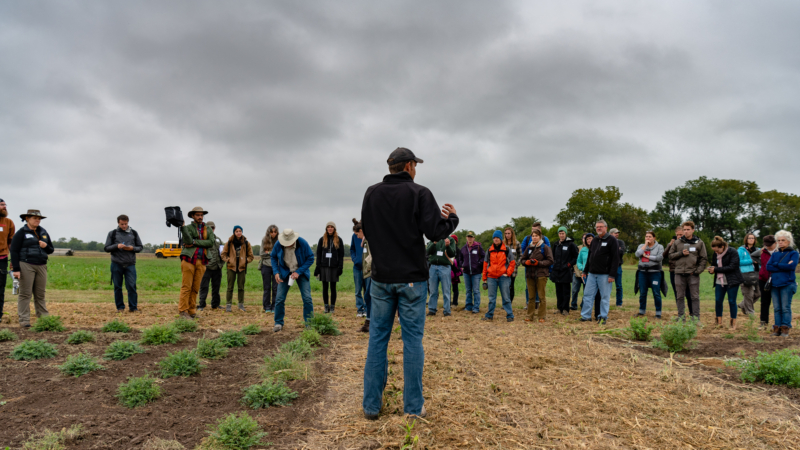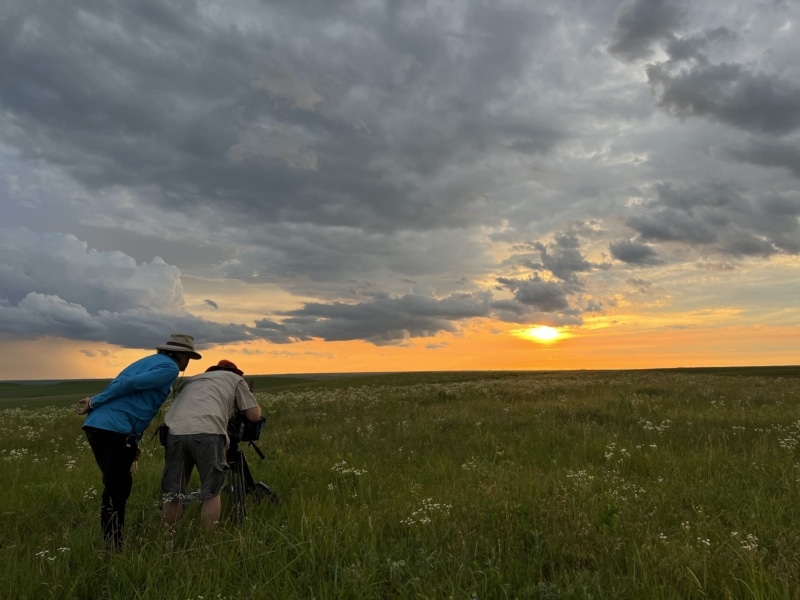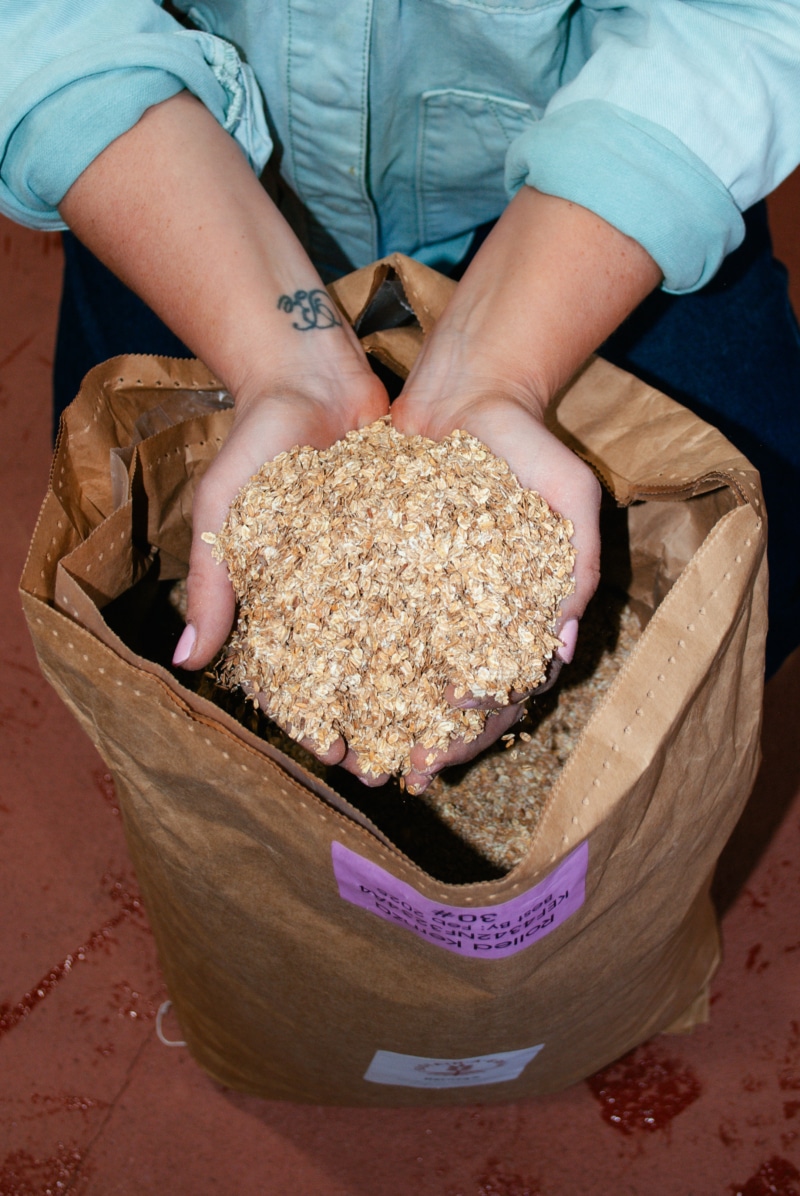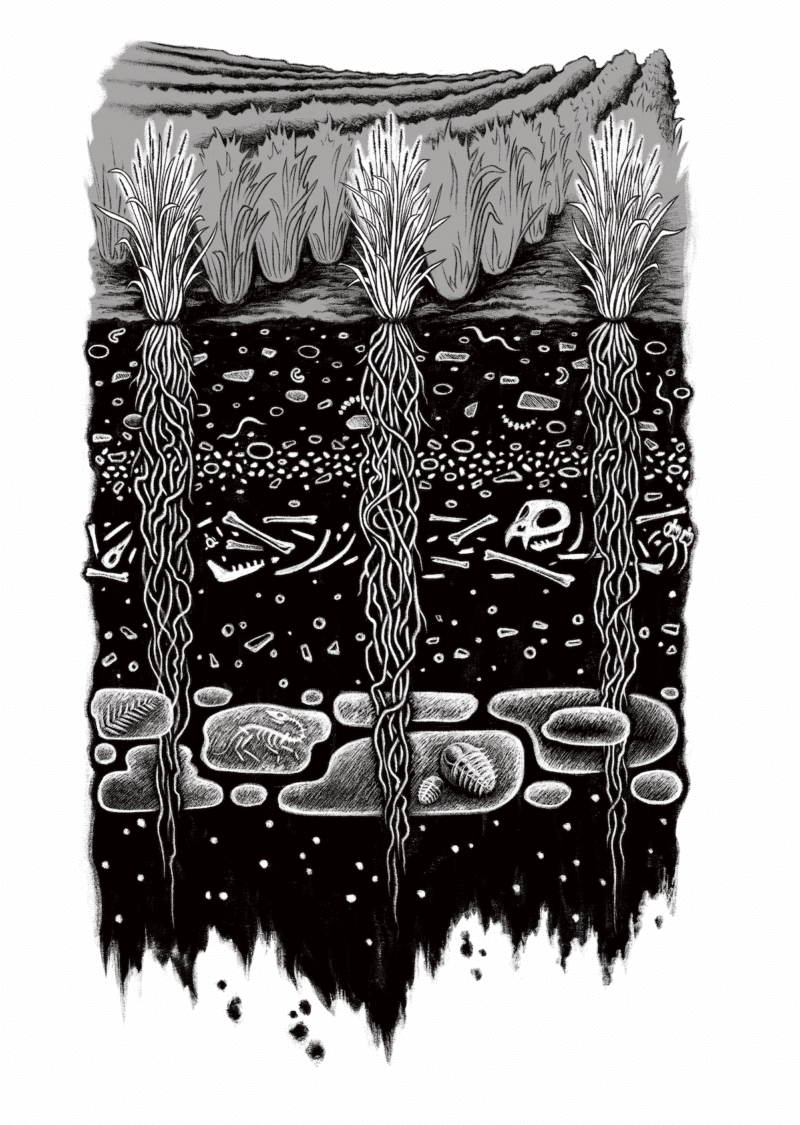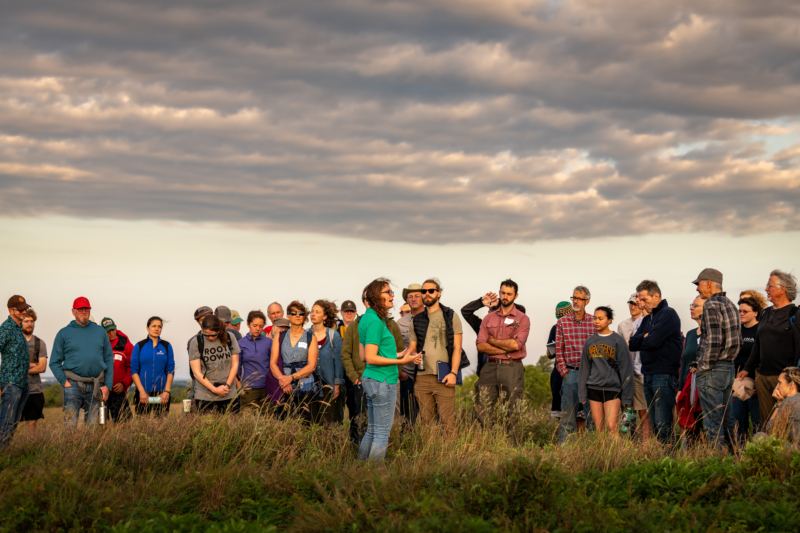Historian Kathleen Smythe will talk about her new book, Whole Earth Living: Reconnecting Earth, History, Body, and Mind on Facebook Live, joined in conversation by Director of Ecosphere Studies, Aubrey Streit Krug.
Watch here
Whole Earth Living: Reconnecting Earth, History, Body, and Mind claims that human society needs a change of consciousness if we are going to ensure long-term human survival on Earth. It uses long-term history, evolutionary biology, neuroscience and philosophy to develop a new sustainability paradigm. The paradigm focuses on opportunities for optimal human and ecological welfare by reconnecting earth, history, body and mind.
The question at the heart of the work is: “How did we get to the point (both in terms of species’ history and civilizations’ history) that humans are powerful enough to change the planet and ecosystems that have been the cradle, nursemaid, and resource warehouse for our fantastic accomplishments?” On the surface, the cause is no mystery — humans have over-populated, over-consumed, and misused technology. Another way of answering the question is that human experience has narrowed so that many in the industrialized world, at least, are no longer connected to the earth, to their histories, or to their bodies.
Whole Earth Living is a hopeful book. After establishing the losses, it suggests that there are fundamental re-orientations that humans as individuals and members of society can make that are more hopeful and more meaningful than some of the current formulations offered for a sustainable future. Instead of renouncing aspects of our lives, we can return to some forms of self-sufficiency (gardening, sewing, woodworking, for example) individually, within households and communities in order to receive positive benefits, such as reducing disease and isolation.
Read info on Kathleen’s work from Xavier University and her piece on “Interdependency” from the “What does it mean to be human?” series.
